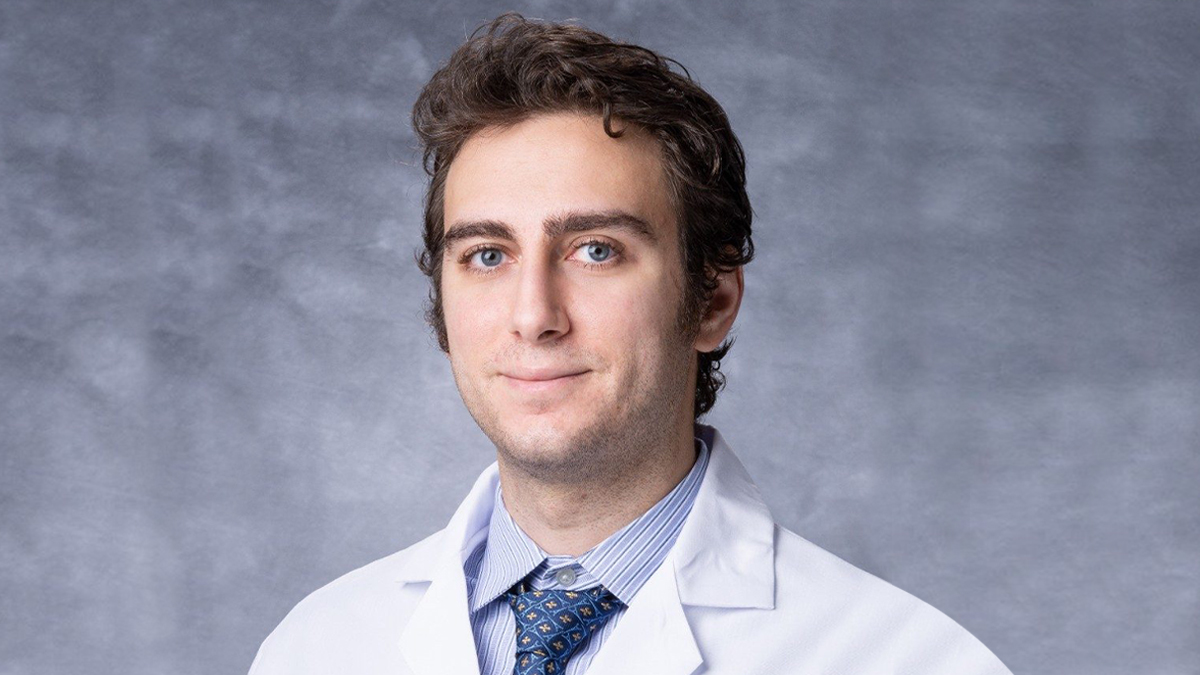Nicholas Hornstein, Gastrointestinal Medical Oncologist at Northwell Health, shared a post on X:
“An aspirin a day keeps the medical oncologist away? – Nicholas Hornstein
ALASCCA made waves at GI ASCO when it showed that a cheap, widely available drug—low-dose aspirin—can meaningfully reduce recurrence risk in a genomically selected subset of colorectal cancer.
This randomized, placebo-controlled trial enrolled patients with stage I–III rectal cancer or stage II–III colon cancer harboring PI3K pathway alterations. Roughly a third of screened patients carried eligible mutations, including canonical PIK3CA hotspots (exons 9/20, “group A”) or other moderate/high-impact PI3K pathway variants (PIK3CA, PIK3R1, PTEN, “group B”).
Results at 3 years:
- Group A (PIK3CA hotspot) recurrence: 7.7% aspirin vs 14.1% placebo (HR 0.49)
- Group B (other PI3K alterations): 7.7% vs 16.8% (HR 0.42)
- DFS trended higher in both groups
- Slightly more grade ≥3 AEs on aspirin (16.8% vs 11.6%), but no surprises
Bottom line: aspirin cut recurrence risk nearly in half for PI3K-altered localized CRC. First randomized proof of what we’ve long suspected from observational data.
In an era of targeted therapies, could one of the simplest, cheapest drugs in the cabinet make the biggest difference?”
Title: Low-Dose Aspirin for PI3K-Altered Localized Colorectal Cancer
Authors: Anna Martling, Ida Hed Myrberg, Mef Nilbert, Henrik Grönberg, Fredrik Granath, Martin Eklund, Tom Öresland, Lene H. Iversen, Carola Haapamäki, Martin Janson, Karin Westberg, Josefin Segelman, Urban Ersson, Mattias Prytz, Eva Angenete, Rebecka Bergström, Markus Mayrhofer, Bengt Glimelius, Johan Lindberg
Read The Full Article at NEJM.

More Posts Featuring Nicholas Hornstein.


